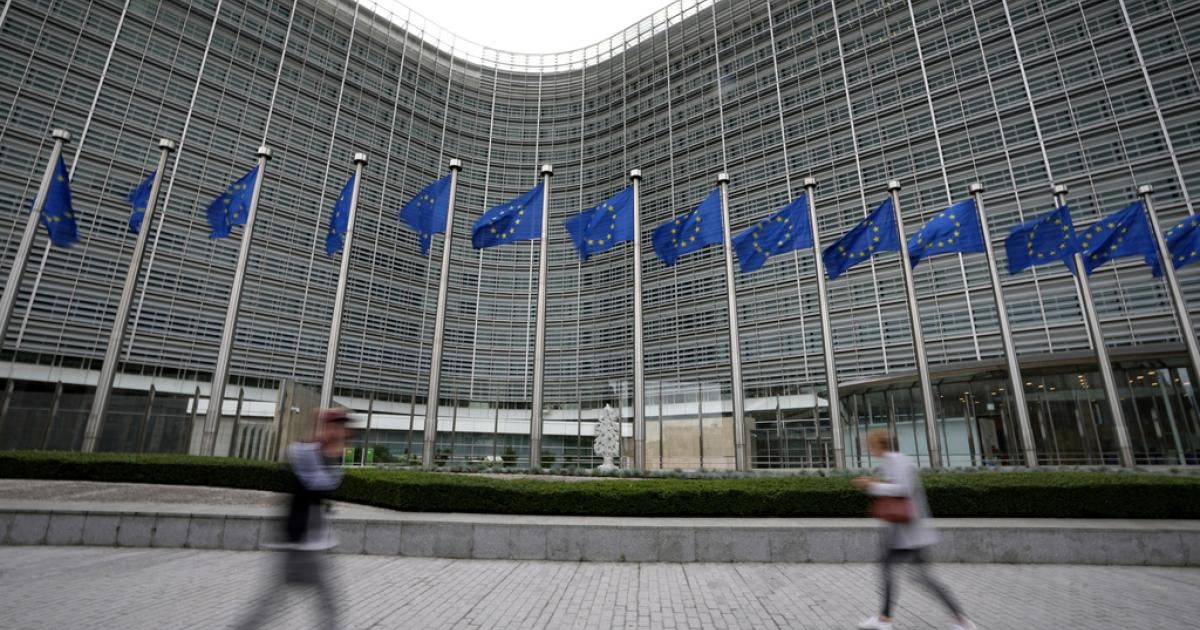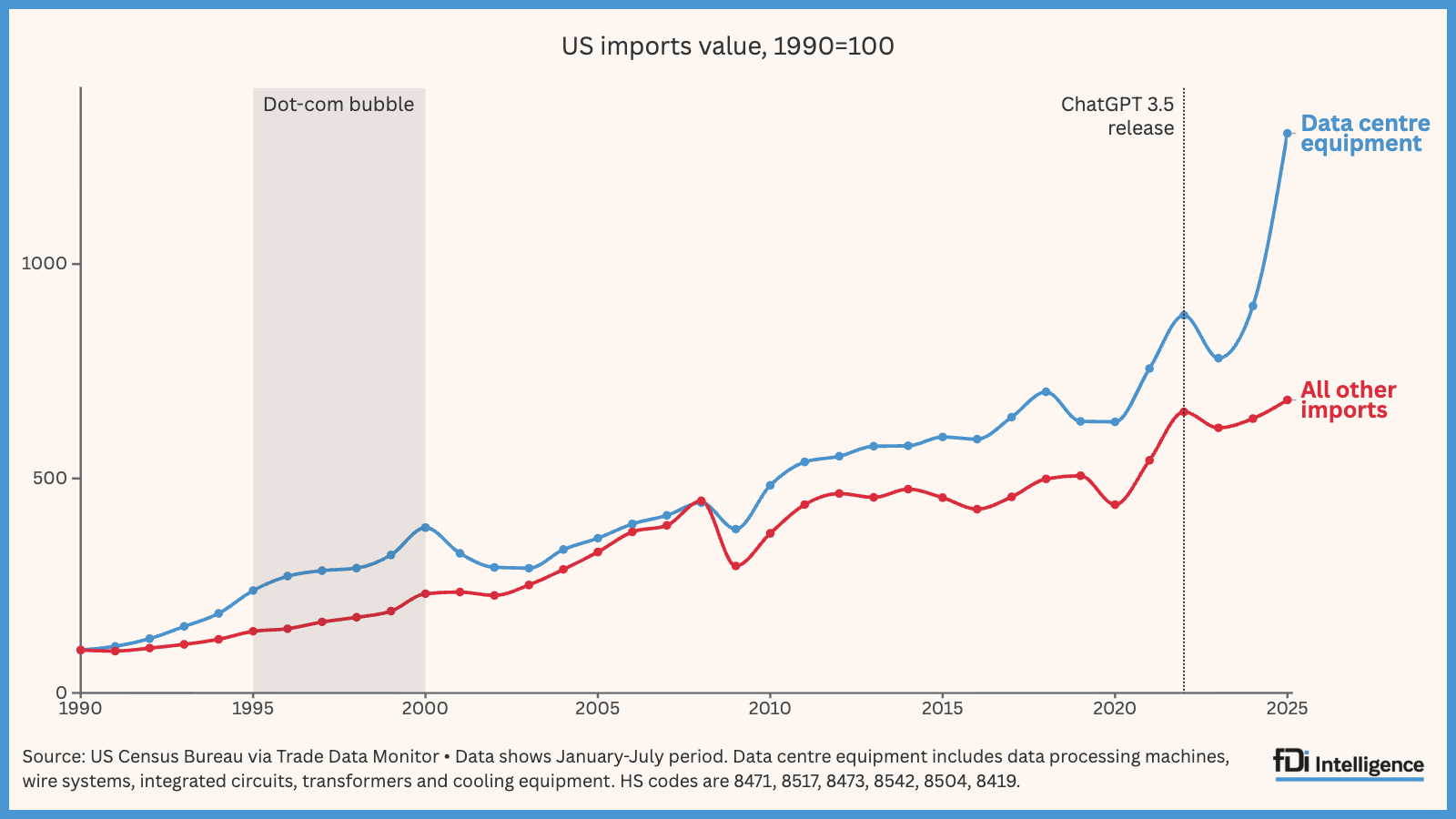Report on the EU-Uzbekistan Enhanced Partnership and Cooperation Agreement and its Implications for Sustainable Development Goals
Introduction
On October 24, 2025, the European Union and Uzbekistan are scheduled to sign an Enhanced Partnership and Cooperation Agreement (EPCA) to formalize a new stage of bilateral relations. While the agreement designates respect for democratic principles and human rights as an “essential element,” its signing occurs amid a deterioration of human rights in Uzbekistan. This report assesses the agreement’s context, focusing on its alignment with and potential impact on key Sustainable Development Goals (SDGs).
Challenges to SDG 16: Peace, Justice and Strong Institutions
The situation in Uzbekistan presents significant challenges to the achievement of SDG 16, which aims to promote peaceful and inclusive societies, provide access to justice for all, and build effective, accountable, and inclusive institutions. The partnership’s effectiveness is undermined by the following conditions:
- Erosion of Fundamental Freedoms (Target 16.10): Authorities have intensified restrictions on freedom of expression, targeting activists, bloggers, and journalists with unfounded criminal charges, including “insulting the president online.” The use of forced psychiatric detention against bloggers violates fundamental rights.
- Weakening of Civil Society and Institutions (Targets 16.6 & 16.7): Independent non-governmental organizations face prohibitive registration requirements, stifling civil society participation. A 2024 law allows authorities to ban foreigners deemed “undesirable” on vague grounds, further closing civic space.
- Lack of Accountability and Rule of Law (Target 16.3): There has been a failure to ensure accountability for the use of lethal force by security forces against protesters in Karakalpakstan in July 2022. Allegations of torture from imprisoned activists, such as Dauletmurat Tajimuratov, have been ignored, indicating a persistent culture of impunity.
Implications for SDG 8: Decent Work and Economic Growth
The EPCA’s potential to advance SDG 8, particularly its targets on labor rights, is compromised by ongoing issues within Uzbekistan’s labor sector.
- Persistent Risks of Forced Labour (Target 8.7): Although state-imposed forced labor in the cotton industry has been officially eliminated, significant risks of forced labor persist for agricultural workers.
- Restrictions on Freedom of Association (Target 8.8): Curbs on the freedom of association for workers limit their ability to advocate for better conditions, undermining the goal of protecting labor rights and promoting safe working environments.
Setbacks for SDG 10: Reduced Inequalities
Progress towards SDG 10, which calls for reducing inequality within and among countries, is actively hindered by discriminatory laws and practices in Uzbekistan.
- Exclusion of Vulnerable Groups (Targets 10.2 & 10.3): The continued criminalization of consensual same-sex relations between men institutionalizes discrimination and inequality, directly contradicting the goal of ensuring equal opportunity and promoting the social inclusion of all.
Assessment of SDG 17: Partnerships for the Goals
The EPCA represents a key instrument for SDG 17, which emphasizes global partnerships for sustainable development. However, the current approach raises concerns about the partnership’s ability to genuinely support the broader 2030 Agenda.
- Misaligned Priorities: EU engagement with Uzbekistan and the wider Central Asian region has increasingly prioritized cooperation on energy, transport, and security at the expense of human rights and rule of law, creating an imbalance that weakens the partnership’s contribution to sustainable development.
- Ineffective Leverage: Preferential EU market access, granted on the condition of implementing international human rights conventions, has not resulted in substantial improvements, suggesting that the partnership’s mechanisms are not being effectively used to promote core SDG principles.
- Recommendations for Future Engagement: To ensure the EPCA contributes positively to the SDGs, the EU and its member states must insist that Uzbekistan’s human rights obligations are non-negotiable. They should closely monitor the implementation of all aspects of the deal, making it clear that continued violations of fundamental freedoms and the rule of law will jeopardize the partnership.
Analysis of Sustainable Development Goals in the Article
1. Which SDGs are addressed or connected to the issues highlighted in the article?
-
SDG 16: Peace, Justice and Strong Institutions
This is the most prominent SDG in the article. The text focuses heavily on human rights violations, the rule of law, fundamental freedoms, and the accountability of institutions in Uzbekistan. It discusses the stifling of civic activism, curbs on free expression, impunity for security forces, and the targeting of activists and bloggers, all of which are central to SDG 16.
-
SDG 8: Decent Work and Economic Growth
The article specifically mentions labor rights, which is a key component of SDG 8. It references the elimination of state-imposed forced labor in the cotton sector but also highlights the persistence of forced labor risks and restrictions on freedom of association for agricultural workers.
-
SDG 17: Partnerships for the Goals
The entire context of the article is the “EU-Uzbekistan Enhanced Partnership and Cooperation Agreement.” It analyzes the nature of this partnership, questioning its effectiveness in promoting human rights and sustainable development, and highlights the tension between economic/security interests and rights-based obligations within the partnership.
2. What specific targets under those SDGs can be identified based on the article’s content?
-
Targets under SDG 16 (Peace, Justice and Strong Institutions)
- Target 16.10: Ensure public access to information and protect fundamental freedoms, in accordance with national legislation and international agreements. The article directly addresses this by detailing how Uzbek authorities “have ramped up restrictions on independent human rights activism and freedom of expression” and passed a law to ban “undesirable” foreigners on “overly broad and vague grounds.”
- Target 16.3: Promote the rule of law at the national and international levels and ensure equal access to justice for all. This is highlighted by the lack of accountability for security forces who used lethal force against protesters in Karakalpakstan, as authorities “have largely denied accountability for the deaths and grave injuries.” The article also mentions “unfounded criminal charges” and ignored “allegations of ill-treatment and torture.”
- Target 16.7: Ensure responsive, inclusive, participatory and representative decision-making at all levels. The article points to violations of this target by describing how “Nongovernmental organizations are subject to excessive and burdensome registration requirements and independent groups are prevented from registering,” which stifles civil society participation.
-
Targets under SDG 8 (Decent Work and Economic Growth)
- Target 8.7: Take immediate and effective measures to eradicate forced labour. The article notes that while Uzbekistan has “eliminated state-imposed forced labor in its cotton sector,” the “risks of forced labor… persist,” indicating that work towards this target is incomplete.
- Target 8.8: Protect labour rights and promote safe and secure working environments for all workers. This target is relevant due to the mention of “restrictions on freedom of association for agricultural workers,” which is a fundamental labor right.
-
Targets under SDG 17 (Partnerships for the Goals)
- Target 17.16: Enhance the global partnership for sustainable development. The article analyzes the EU-Uzbekistan partnership, critiquing it for prioritizing “Energy, transport, access to raw materials and security cooperation… at the expense of advancements on rights.” This suggests the partnership is not effectively advancing the holistic agenda of sustainable development.
3. Are there any indicators mentioned or implied in the article that can be used to measure progress towards the identified targets?
-
Indicators for SDG 16 Targets
- For Target 16.10: The article implies indicators such as the number of activists and bloggers detained or imprisoned (“unfounded criminal charges,” “forced psychiatric detention”) and the existence of restrictive laws targeting freedom of expression (the law on “undesirable” foreigners and criminalization of “insulting the president online”).
- For Target 16.3: An implied indicator is the number of unresolved cases of lethal force and torture by state agents. The article points to the lack of accountability for deaths in Karakalpakstan and the ignored torture allegations of Dauletmurat Tajimuratov as evidence of failure.
- For Target 16.7: A relevant indicator is the number of independent NGOs successfully registered versus those denied. The article states that “independent groups are prevented from registering” due to “excessive and burdensome registration requirements.”
-
Indicators for SDG 8 Targets
- For Target 8.7: The prevalence of forced labor, particularly outside the state-imposed system, is a key indicator. The article notes that “risks of forced labor… persist,” suggesting this remains a measurable problem.
- For Target 8.8: An indicator would be the legal and practical ability of workers to form independent unions. The “restrictions on freedom of association for agricultural workers” mentioned in the article serves as a direct measure of this.
4. Summary Table of SDGs, Targets, and Indicators
| SDGs | Targets | Indicators (as implied in the article) |
|---|---|---|
| SDG 16: Peace, Justice and Strong Institutions |
16.10: Protect fundamental freedoms.
16.3: Promote the rule of law and ensure equal access to justice. 16.7: Ensure responsive, inclusive, and participatory decision-making. |
– Number of activists, bloggers, and media professionals facing criminal charges or detention. – Existence of restrictive laws on freedom of expression and association. – Number of uninvestigated cases of torture and unlawful killings by security forces. – Rate of successful registration for independent non-governmental organizations. |
| SDG 8: Decent Work and Economic Growth |
8.7: Eradicate forced labour.
8.8: Protect labour rights. |
– Prevalence of forced labor risks in various sectors.
– Level of legal and practical restrictions on workers’ freedom of association. |
| SDG 17: Partnerships for the Goals | 17.16: Enhance the global partnership for sustainable development. | – The extent to which human rights and rule of law are integrated and enforced as “essential elements” in bilateral agreements like the EU-Uzbekistan partnership. |
Source: hrw.org







